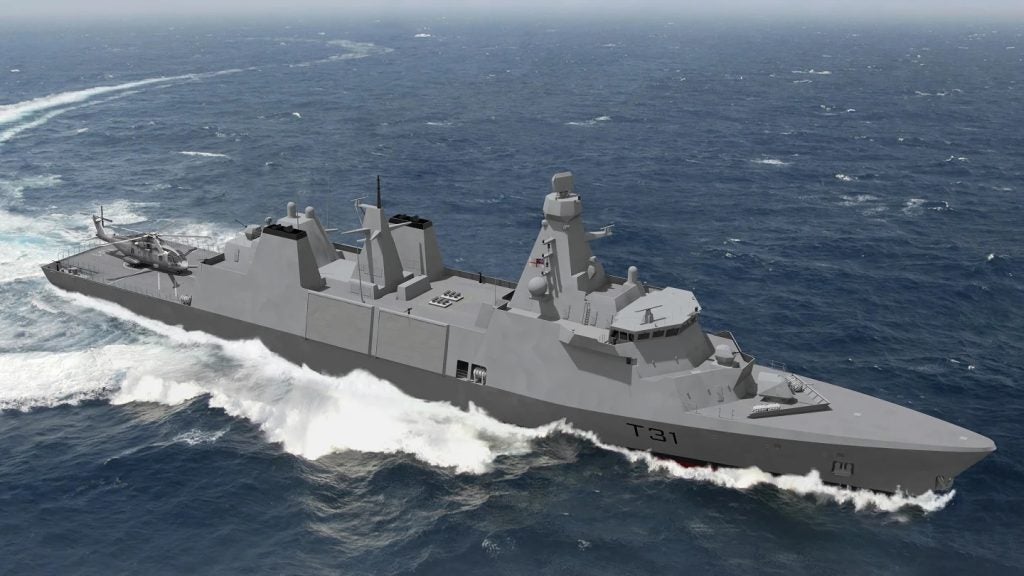
UK Royal Navy’s support unit, Royal Fleet Auxiliary (RFA), is exploring the use of drones to deliver lightweight supplies to vessels at sea.
RFA has been supporting operations of the Royal Navy since 1905 with food, spare parts, fuel, ammunition and other supplies.
Sailing in parallel with a warship, RFA’s tankers either pump fuel through a hose, or transfer supplies in crates and on pallets on a jackstay line between the two vessels.
To move loads around the fleet, helicopters are also deployed.
Given that seven out of ten resupply missions involve carrying of loads of up to 100lbs, the RFA plans to explore the use of drones to save time, money, sailors and free up helicopters for other works.
Currently, Naval Air Systems Command of the US Navy is trialling an uncrewed aircraft to move supplies of up to 25lbs between vessels, but over distances of more than 200 miles.
How well do you really know your competitors?
Access the most comprehensive Company Profiles on the market, powered by GlobalData. Save hours of research. Gain competitive edge.

Thank you!
Your download email will arrive shortly
Not ready to buy yet? Download a free sample
We are confident about the unique quality of our Company Profiles. However, we want you to make the most beneficial decision for your business, so we offer a free sample that you can download by submitting the below form
By GlobalDataTrials conducted over the summer had indicated that this concept was successful in transporting a small cargo for repairs between a warship and an auxiliary of the Military Sealift Command of the US Navy.
Deploying autonomous systems from Malloy Aeronautics, Royal Marines tested the resupply mission by drone – on the battlefield as well as the beachhead.
The autonomous systems carried up 150lbs supplies to troops on either ships off shore or bases to the rear.
RFA head Commodore David Eagles said: “The RFA is looking very closely at the Military Sealift Command and the opportunities around using drones to make deliveries at sea.”
The RFA and the MSC are sharing some lessons of their trials and systems.







